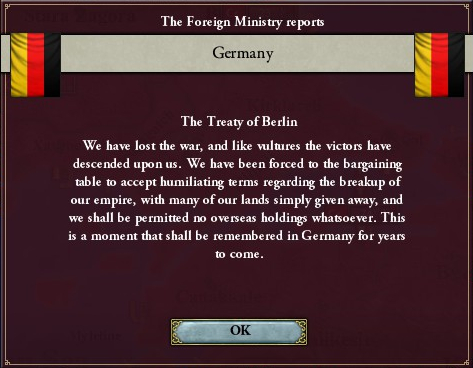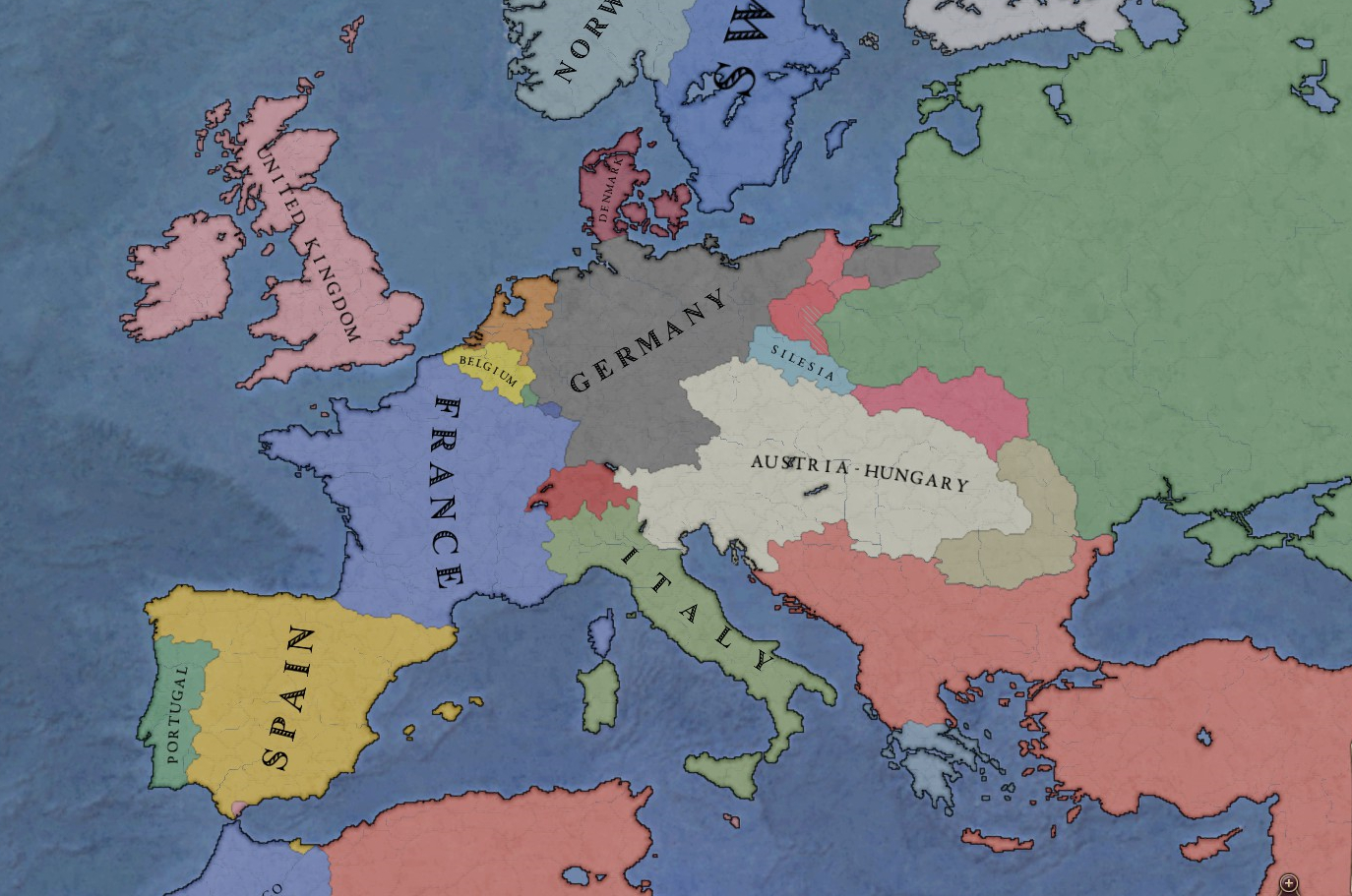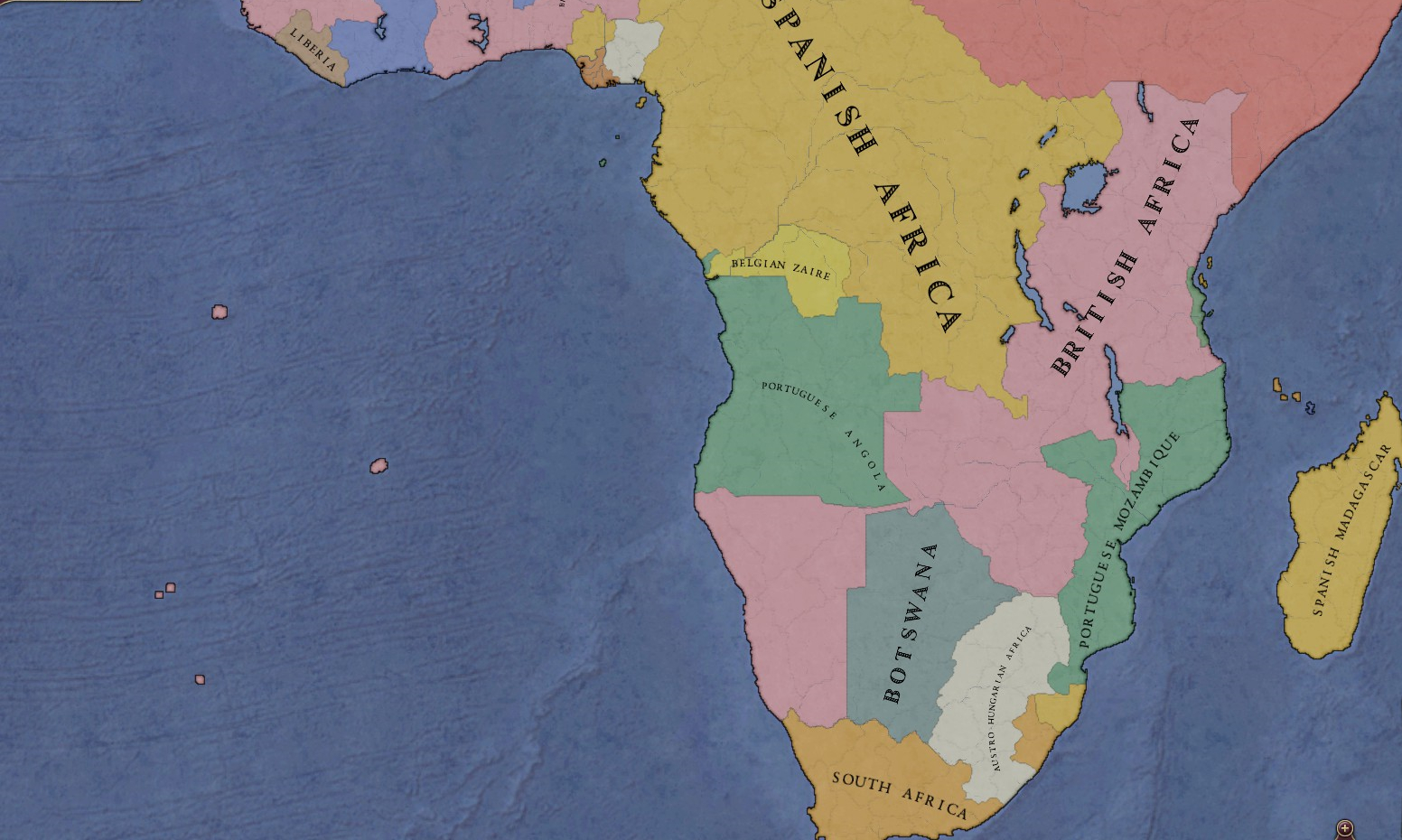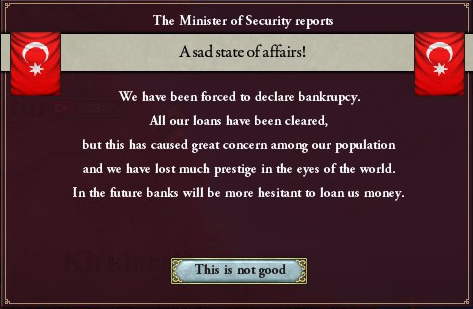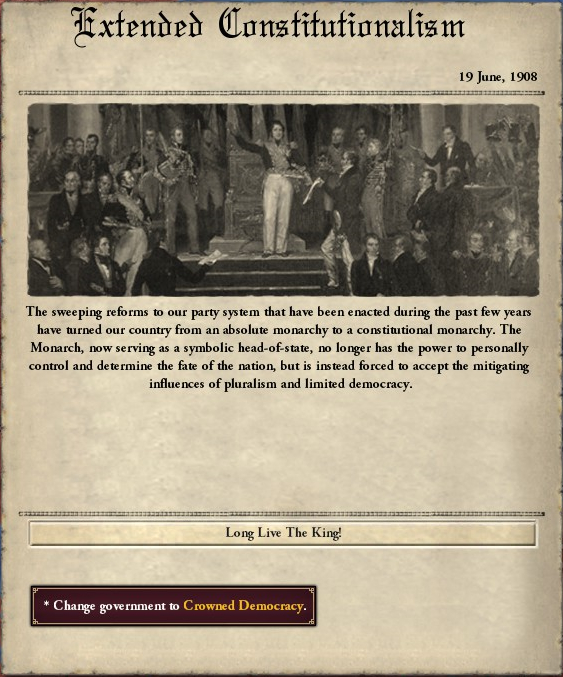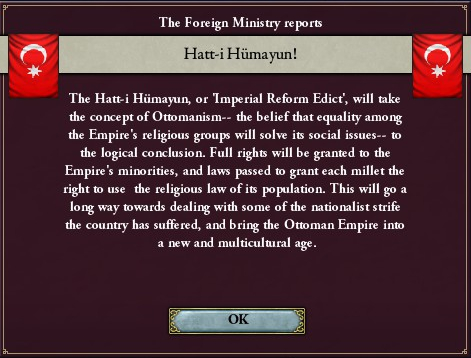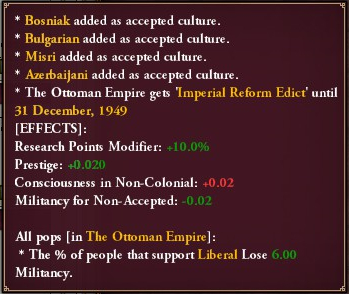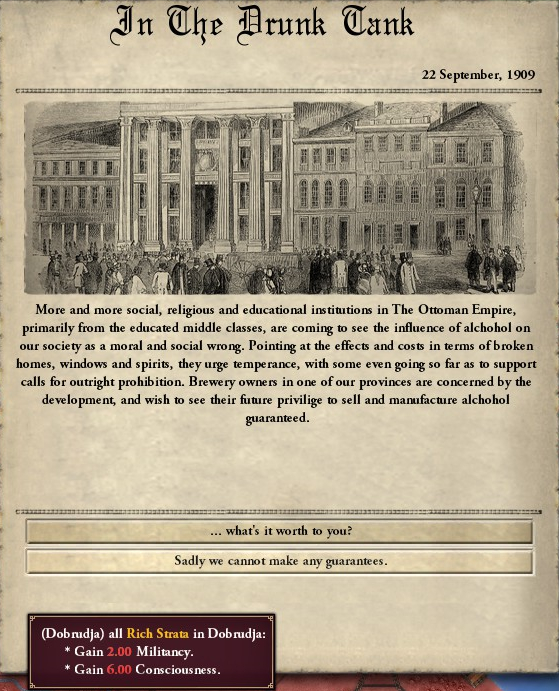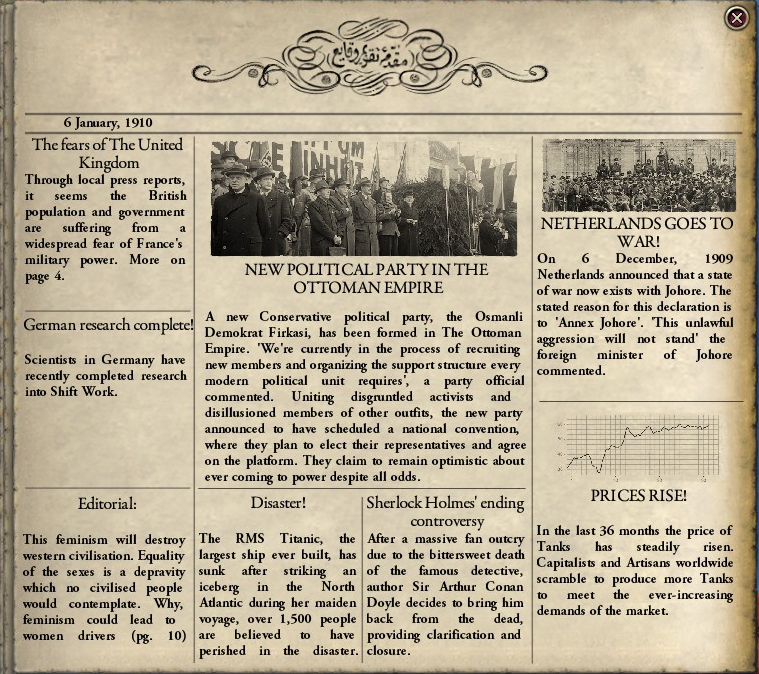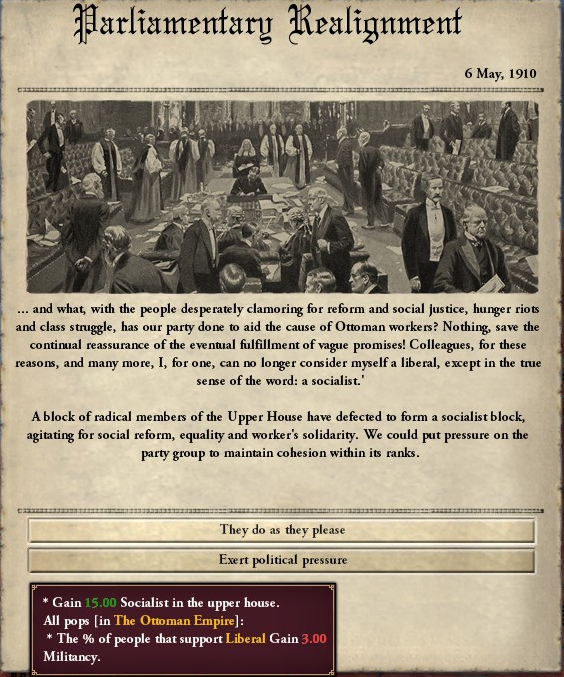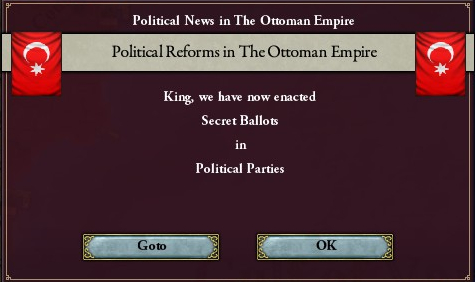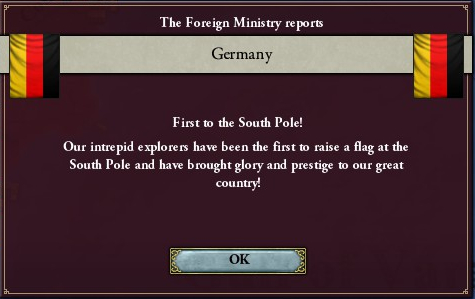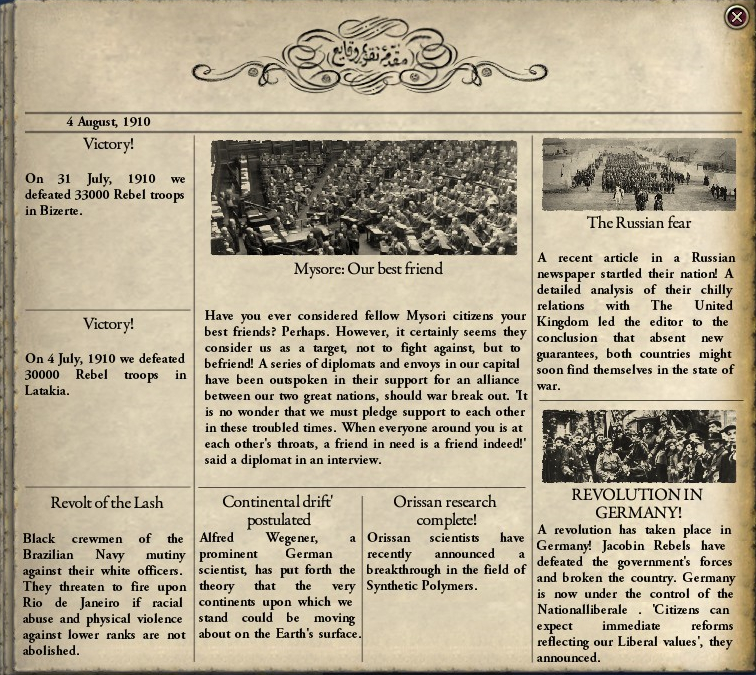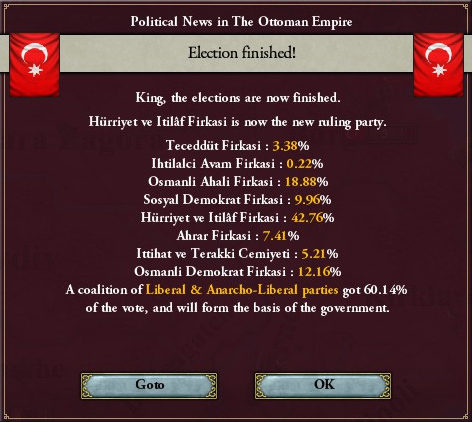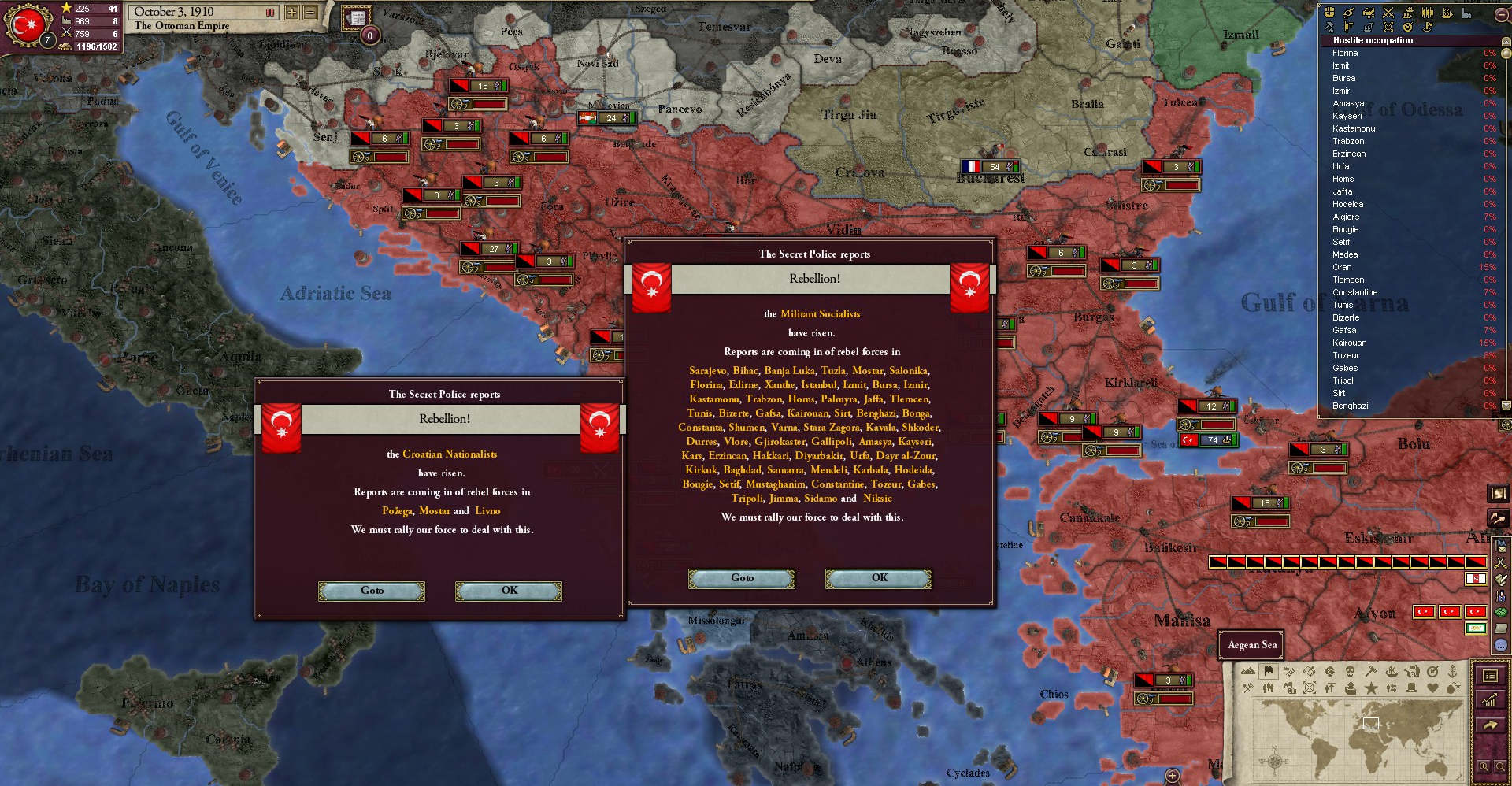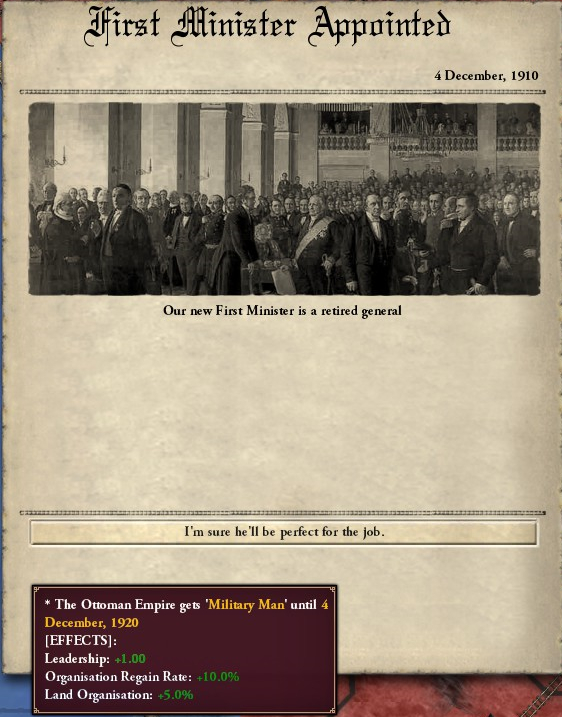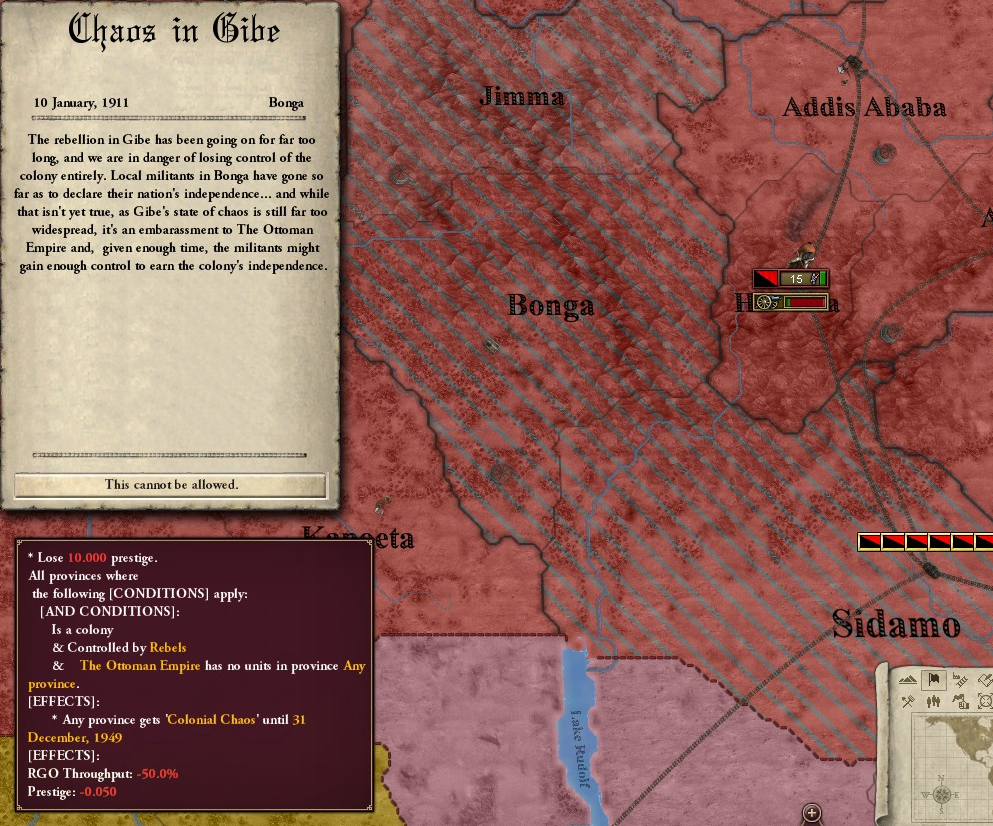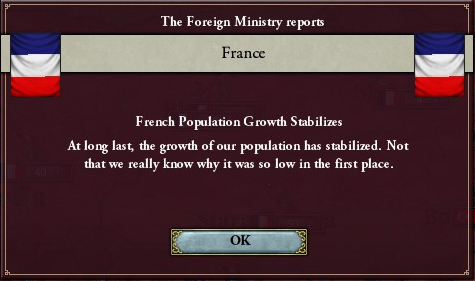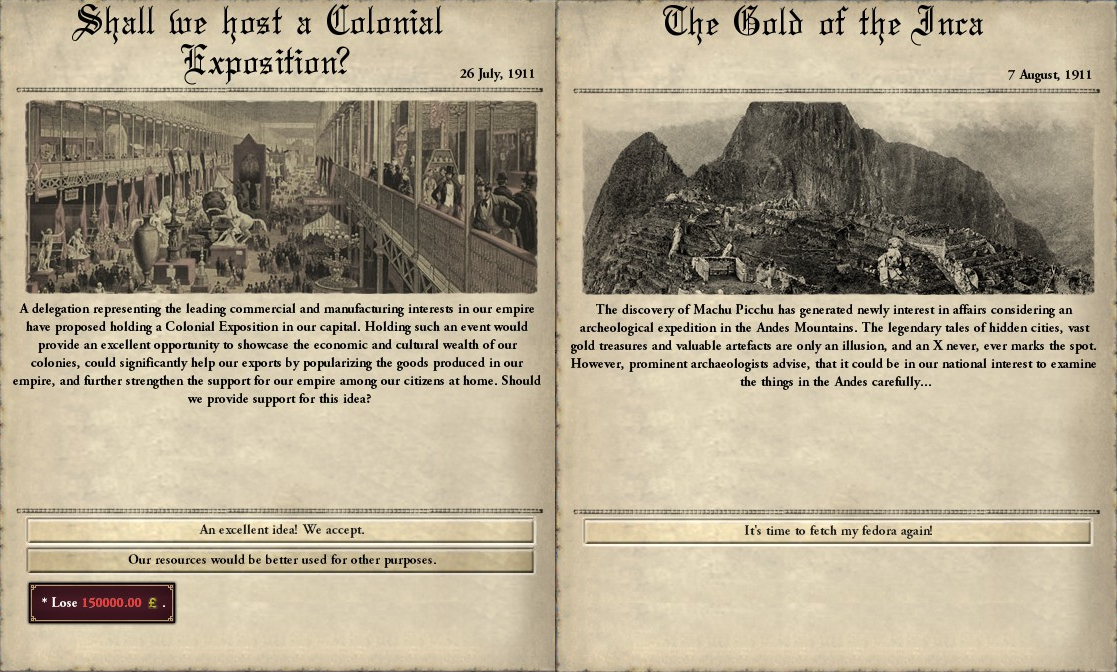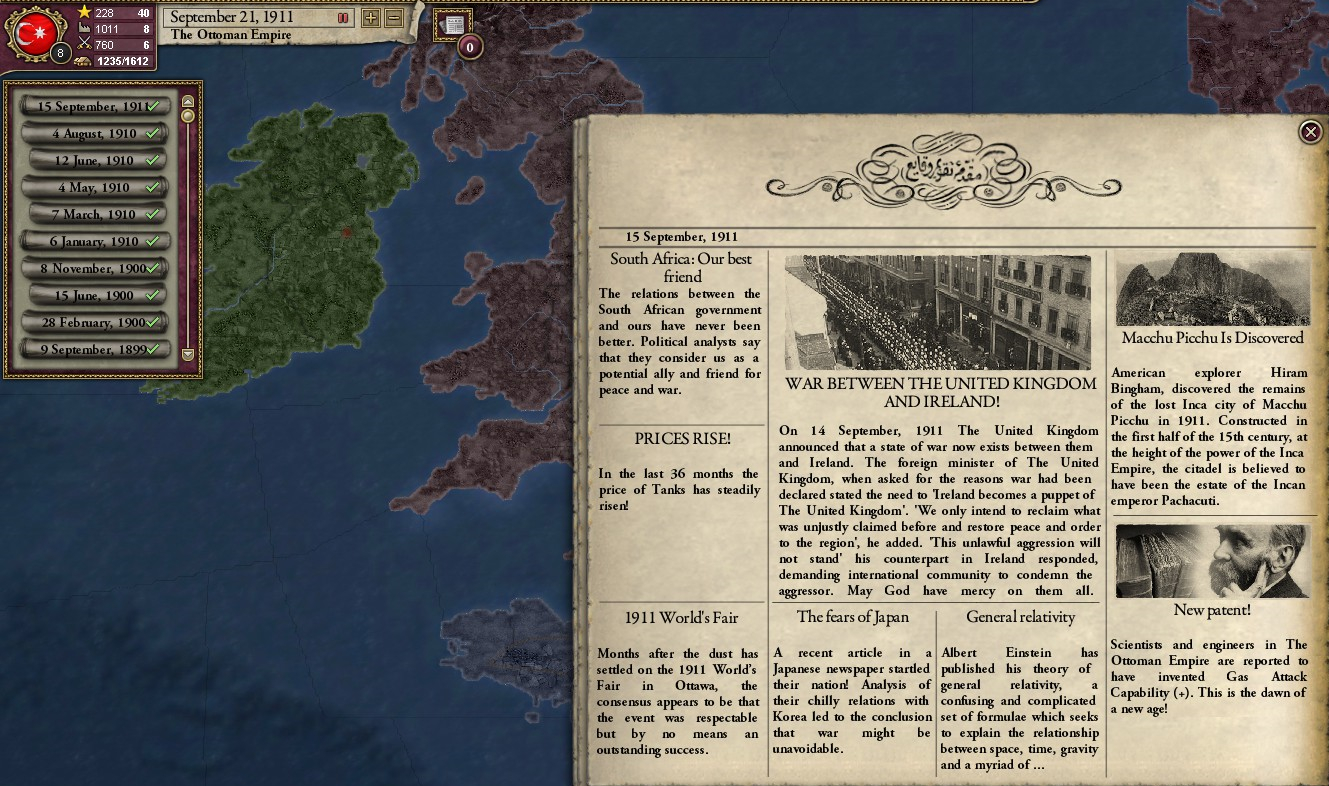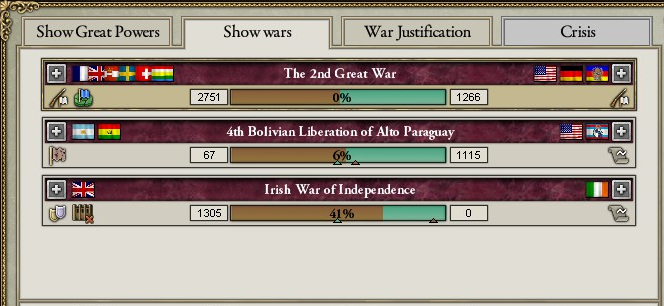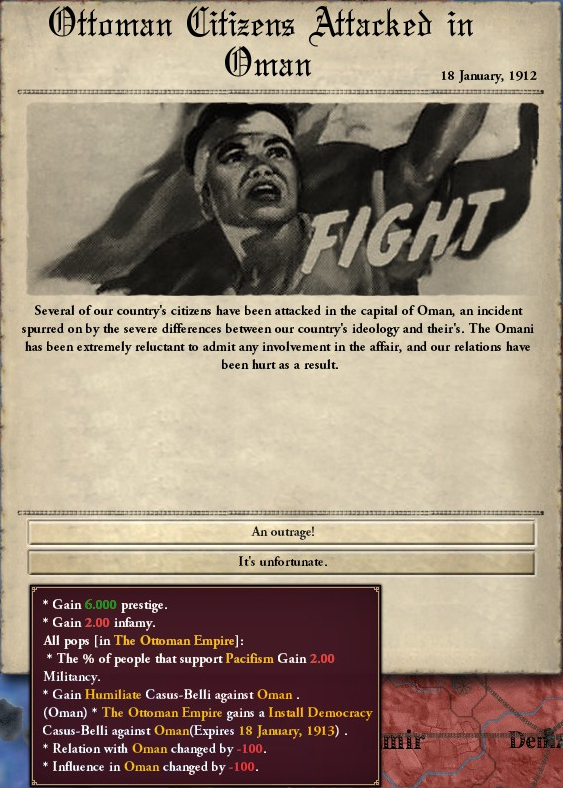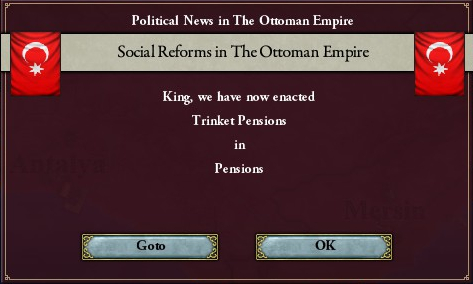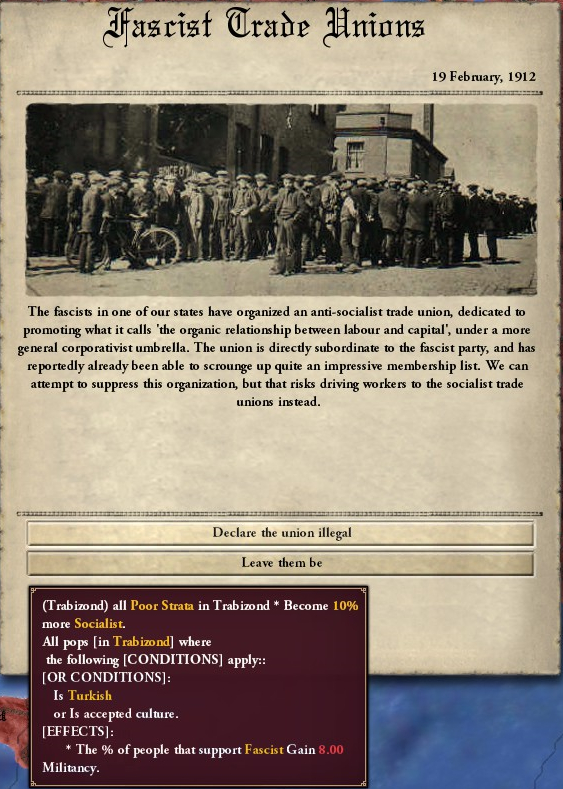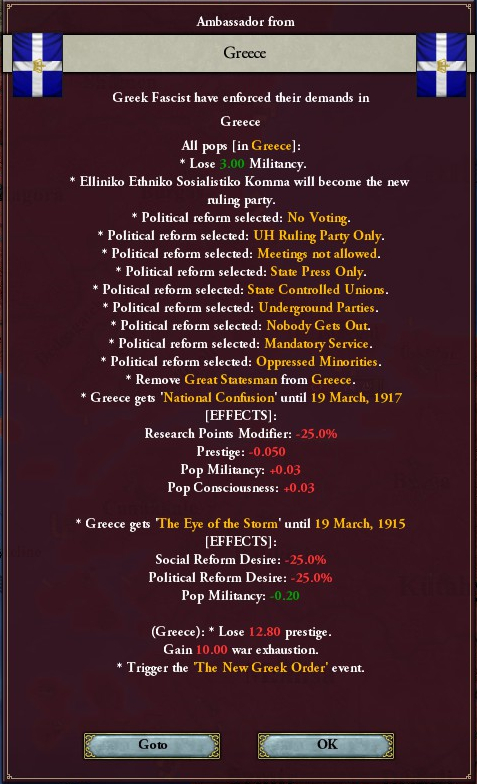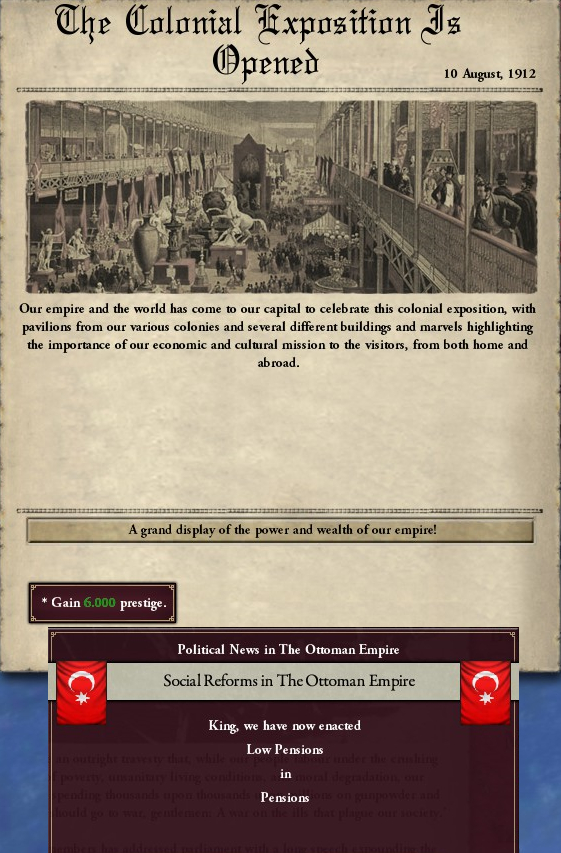Ouch. The Liberal have fared well given bankruptcy and the war. The growing socialist and nationalist unrest may put an end to Ottamanism.
Well the socialists are generally supportive of Ottomanism, but the communists and the nationalists are indeed grave threats.
And the prohibition against alcohol was always somewhat ... sporadically ... enforced for significant periods of Islamic history, depending on time and place and individual inclination.
As to the developments, well, it could be oh so much worse. So much worse.
I can imagine the German explorer being treated as an all-conquering hero, a way to try and restore a little pride.
Yeah, I think it makes sense that the conservatives would attempt to enforce prohibition while the liberals would have a more laxer view.
The Germans certainly needed a boost after losing 20% of their population in the war or to its partitions, and the expedition can definitely have given them a bit of national pride back.
Actually Muslims were also allowed alcohol, there are only a few occurrences of prohibition and they were always noted as they’re the exception (most famous being during the reign of Murat IV)
Thanks for the great aftermath episode. Russia must be destroyed, but how?
Indeed. The biggest issue facing the Sublime Porte is the ever-growing closer relationship between Russia, France, Austria-Hungary, and Britain. It is clear that we cannot hope to take on all of them, so the retreat to isolationism until cracks show in their alliance makes sense - if they leave us alone in turn!
And now the Ottomans begin the long, painful road of reconstruction. It looks like their first steps are a little shaky, but the nation is moving forward nonetheless.
The new government in Germany will certainly bear watching, though of course the Germans are most fortunate they didn't fall prey to some sort of extremist demagogue or a military dictatorship. Still, I imagine revanchist sentiments are riding high there, even if there's little they can do at present.
EDIT: Also,
Filchner to the Pole, woo!
Indeed, the fall of the Kaiser actually changed very little in Germany given the fact that the monarchy had already lost its powers, but the spectre of revolution still looms large in the background with other more radical forces waiting in the wings
It was certainly an established part of court culture. There's some interesting rulings by the Grand Muftis of Constantinople during the Ottoman period on booze. When Selim 'the Sot' ruled and was blackout drunk 24/7, the Mufti basically proclaimed "If the Sultan does it, it must be alright" and after one of the more conservative Sultans passed away the Mufti confirmed it was cool again by saying "Drunks as a group are immoral and gross but an individual who is balanced and learned can enjoy a cup of wine". Its amazing just how many balanced and learned men the Empire had.
Hahaha. I'm sure many of them thought of themselves as more balanced and learned after a couple of drinks, too.

Another good update, nice to see the Sublime Porte came out of the Great War relatively well (all things considered).
Hopefully Pertev Pasha is up to the task of holding the unruly empire together.
Yes, keeping the Anatolian heartlands free from occupation, along with most of Africa, has meant the recovery is somewhat easier than the tasks facing Spain or Germany, but there's no doubt that Pertev will need to prove as strong a politician as he has been a general to keep the Empire on the right path.
I've been lurking on this aar for a while now, and currently its one of my favorite reads in the Vic 2 section. You've done incredibly well with the Ottomans.
While it's unfortunate that you were unable to win the Great War, the fact that you more or less preserved the empire's territorial integrity is a miracle on its own. I imagine you'll be looking to rectify the loss of Croatia once you're able to rebuild the army.
Thanks, I'm glad you're enjoying it!
Yes, retaking Croatia is certainly a goal for the mid-term, but it will require a shift in the current European alliance structure for it to be achievable


